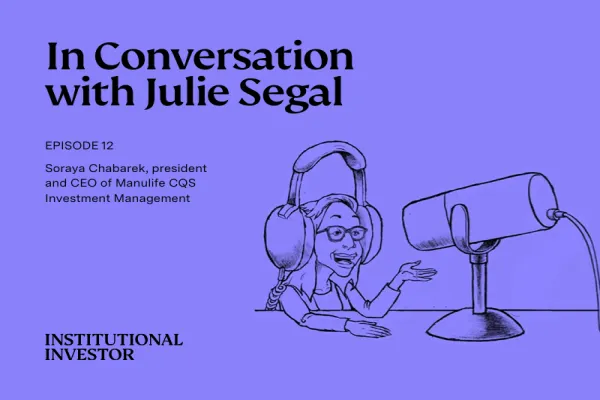China’s big state banks ARE eager to flex their muscles on the global stage, as Industrial and Commercial Bank of China demonstrated last year with its $5.6 billion purchase of a 20 percent stake in South Africa’s Standard Bank. But size isn’t everything. Privately owned China Merchants Bank exploited its nimbleness to outmaneuver ICBC and acquire Hong Kong–based Wing Lung Bank last month.
The $4.7 billion purchase marked the first major international move by China Merchants president Ma Weihua, a former top central bank official who has built the lender into one of China’s most innovative and profitable banks. China Merchants’ corporate customers are increasingly looking to expand abroad, and having a subsidiary in Hong Kong, across the border from its Shenzhen base, will enable the bank to grow along with its customers.
“Wing Lung is strong in commercial banking and wealth management,” China Merchants spokesperson Yu Xiaoying tells Institutional Investor. “We believe with the acquisition we’ll be better able to service our small and medium enterprise customers, especially as many seek to expand in global markets.”
China Merchants actually beat out two much bigger banks, ICBC and Australia and New Zealand Banking Group, to win the deal. The bank’s private ownership helped it prevail over its state-owned rival, bankers close to the deal say. ICBC needed the approval of both the Ministry of Finance and China Investment Corp., the sovereign wealth fund that owns a majority of its shares, to conclude a takeover, whereas China Merchants needed only the permission of its shareholders, which include several state-owned investment companies, such as parent company China Merchants Holdings, a conglomerate with interests in banking and shipping.
A lack of any notable overlap played in Ma’s favor as well. China Merchants has only one branch in Hong Kong, whereas ICBC has 42. The Wu family, which founded Wing Lung with $5,700 in capital in 1933 and owned 53.1 percent, “wanted to keep their management and help their employees keep their jobs,” says Sherry Liu, vice chairman of China business at JPMorgan, who advised China Merchants on the deal. The Chinese bank agreed to keep the Wing Lung brand and retain all of its 1,600 employees for at least 18 months.
Success comes at a price, though. China Merchants is paying an estimated 2.9 times book value for Wing Lung, making this the most expensive Hong Kong banking deal since Development Bank of Singapore bought Dao Heng Bank for 3.2 times book value in 2001. And Wing Lung is not without its problems. The bank had a reputation for being one of Hong Kong’s better-run small banks, with assets of $12.3 billion and a nonperforming-loan ratio of just 0.26 percent. But fierce competition pushed net income down 15 percent to HK$1.37 billion ($176 million) in 2007, and the bank posted a loss of HK$82.5 million in the first quarter of this year because of write-downs on U.S. subprime mortgage securities.
China Merchants, which posted a 124 percent rise in net income to 15.2 billion yuan ($2.2 billion) last year, will finance the deal by selling 30 billion yuan of subordinated bonds.
The sale of Wing Lung leaves just four independent family-run banks in Hong Kong — Bank of East Asia, Chong Hing Bank, Dah Sing Bank and Wing Hang Bank — and recent sharp rises in their share prices suggest that they are tempting takeover targets.
“The accelerating appreciation of China’s yuan will speed up Chinese enterprises’ efforts to go global, and Hong Kong is the first major pit stop in this race,” says Albert Louie, founder and head of Beijing-based risk management consulting firm A. Louie Associates Corp. “This means more Chinese enterprises will come to Hong Kong to seek banking services, and it also means more Chinese banks must have a significant branch presence in Hong Kong to service their needs.”
“It’s fun to run a small bank in Hong Kong right now,” says a senior executive with Credit Suisse, which advised Wing Lung on the sale. “Now is a good time to ask for the highest price possible.”





